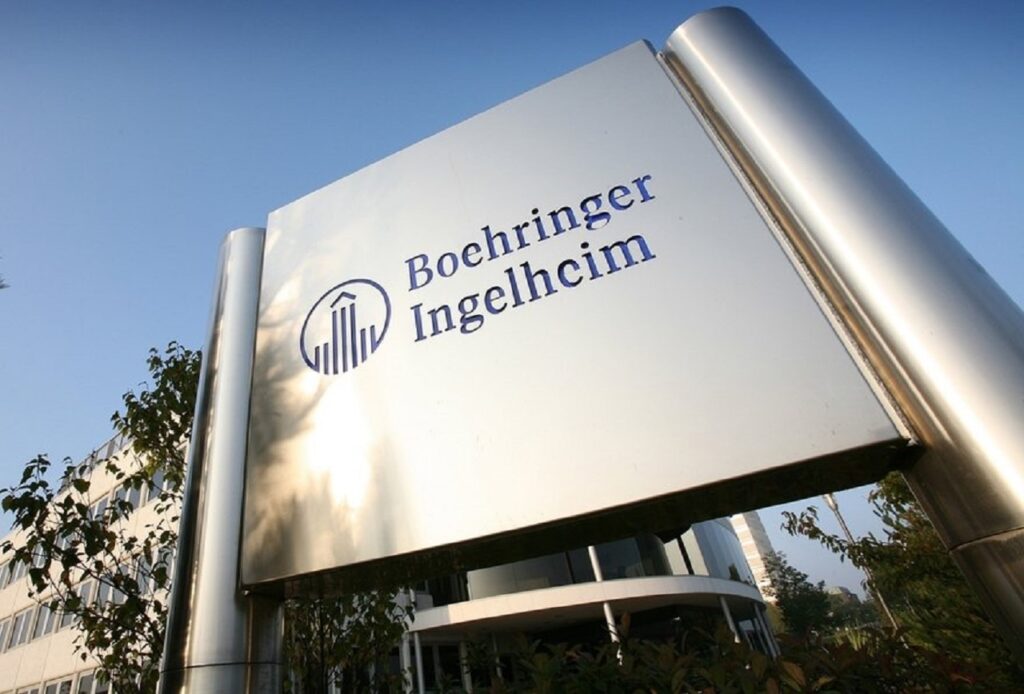The US Food and Drug Administration (FDA) has granted Breakthrough Therapy Designation for Boehringer Ingelheim’s new oral therapy, BI 1015550, to treat patients with idiopathic pulmonary fibrosis (IPF).

Boehringer Ingelheim Headquarters - Ingelheim. Credit: Boehringer Ingelheim GmbH / commons.wikimedia.org.
Subscribe to our email newsletter
The investigational, phosphodiesterase 4B (PDE4B) inhibitor, BI 1015550 has the potential to address pulmonary fibrosis as well as inflammation linked to progressive fibrosing interstitial lung diseases (ILDs).
Pulmonary fibrosis is an irreversible scarring of lung tissue that impacts the function of lung negatively.
Boehringer Ingelheim Pharmaceuticals Medicine and Regulatory Affairs senior vice-president Thomas Seck said: “The accelerated development of BI 1015550 is part of Boehringer Ingelheim’s next wave of potential innovative treatments for interstitial lung diseases aimed at preserving lung function and improving the lives of patients.
“BI 1015550 represents the first molecule in the class of PDE4B inhibitors that is being studied for IPF and other progressive fibrosing ILDs.
“We have built on our heritage in pulmonary fibrosis and are acting on the breakthrough designation and clinical data with the goal that this potential novel medicine can reach patients as soon as possible.”
BI 1015550 has combined antifibrotic and anti-inflammatory effects and was evaluated as a single agent or along with background antifibrotic therapy.
The therapy’s effectiveness was assessed in slowing the rate of lung function decline in IPF patients.
BI 1015550’s safety, efficacy and tolerability was studied in a Phase II double-blind, placebo-controlled, randomised trial of IPF patients.
Change from baseline in Forced Vital Capacity (FVC) for 12 weeks of the treatment period was the study’s primary endpoint.
The FDA granted the Breakthrough Therapy Designation based on data obtained till date.
The Phase III programme of the therapy is expected to commence later this year.
 Advertise With UsAdvertise on our extensive network of industry websites and newsletters.
Advertise With UsAdvertise on our extensive network of industry websites and newsletters.
 Get the PBR newsletterSign up to our free email to get all the latest PBR
news.
Get the PBR newsletterSign up to our free email to get all the latest PBR
news.

